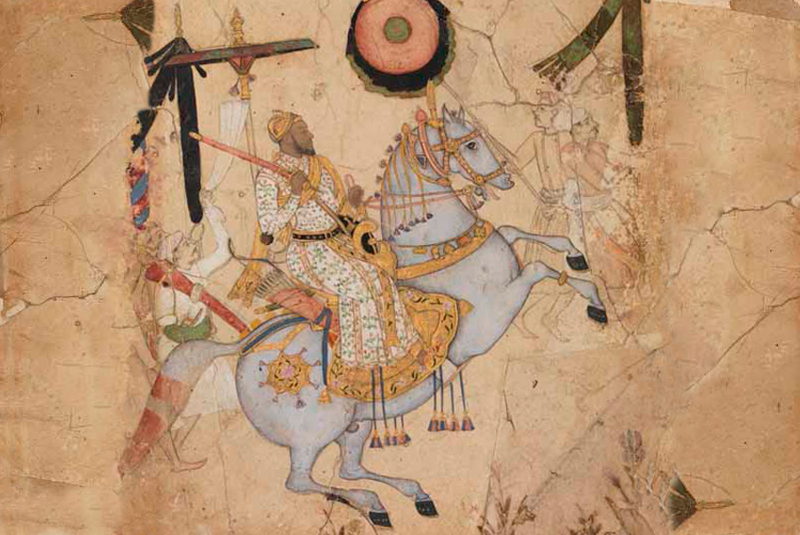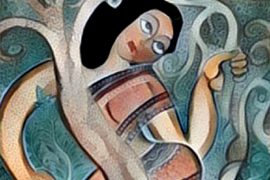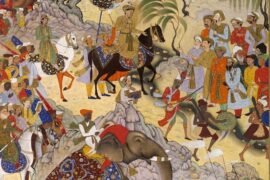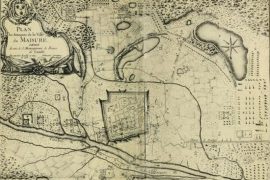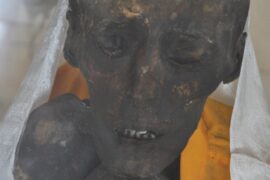When children become kings, their greatest enemies are often the ones tasked with ‘advising’ them. Muhammad Adil-Shah was only 11 when he inherited the title of regent of Bijapur from his father, Ibrahim Adil-Shah.
Muhammad soon found, that when slaves become generals, their worst enemies can often be each other. The Deccan Sultanates are unique among Indian kingdoms in that they presented scope for imported slaves to command armies – and even rule. The Abyssinian former-slaves were known as Habshis (the Arabic term for Abyssinian, itself an old term for Ethiopian) and Bijapur had many of them.
In the late 16th century, from the 1580s, the powerful Habshis of the land banded together to form what was called the “Abyssinian party” (also called the Habshi party). For a while, they were a separate power bloc, their negotiations crucial to the changing dynamics of their own Sultanates with the advancing Mughals. But their differences were also great – and unlike Malik Ambar – they were unable to face the Mughals.
One, Daulat Khan, assumed the title of Khawas Khan and with the help of another Habshi named Randaula Khan, fought the Mughals in the Deccan – and expanded Bijapur state to include the Bidar province. He was an able commander, but he refused to take orders from the boy-king – often acting independently. One accusation was that he was a pro-Mughal general. It became clear that he was an emerging problem for the king.
Copyright©Madras Courier, All Rights Reserved. You may share using our article tools. Please don't cut articles from madrascourier.com and redistribute by email, post to the web, mobile phone or social media.Please send in your feed back and comments to [email protected]

